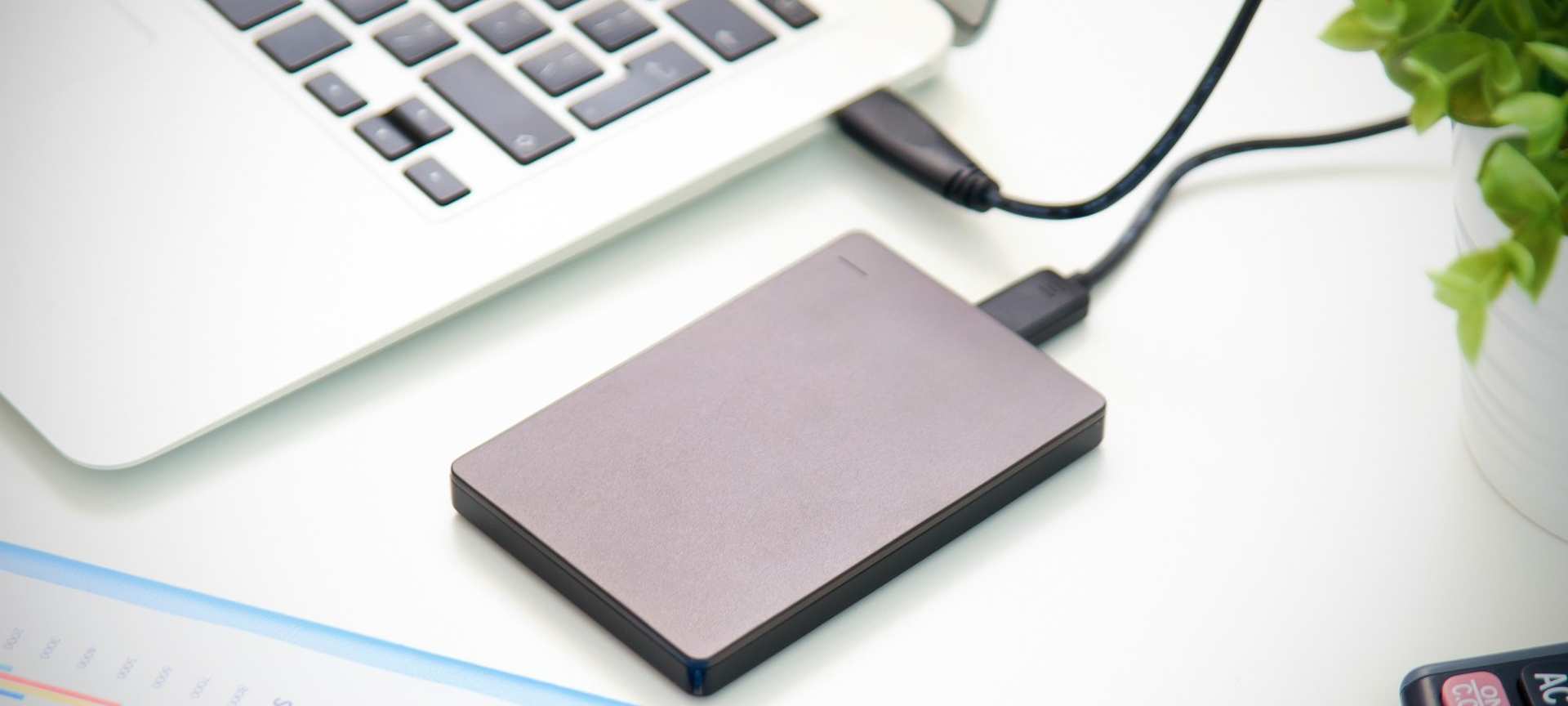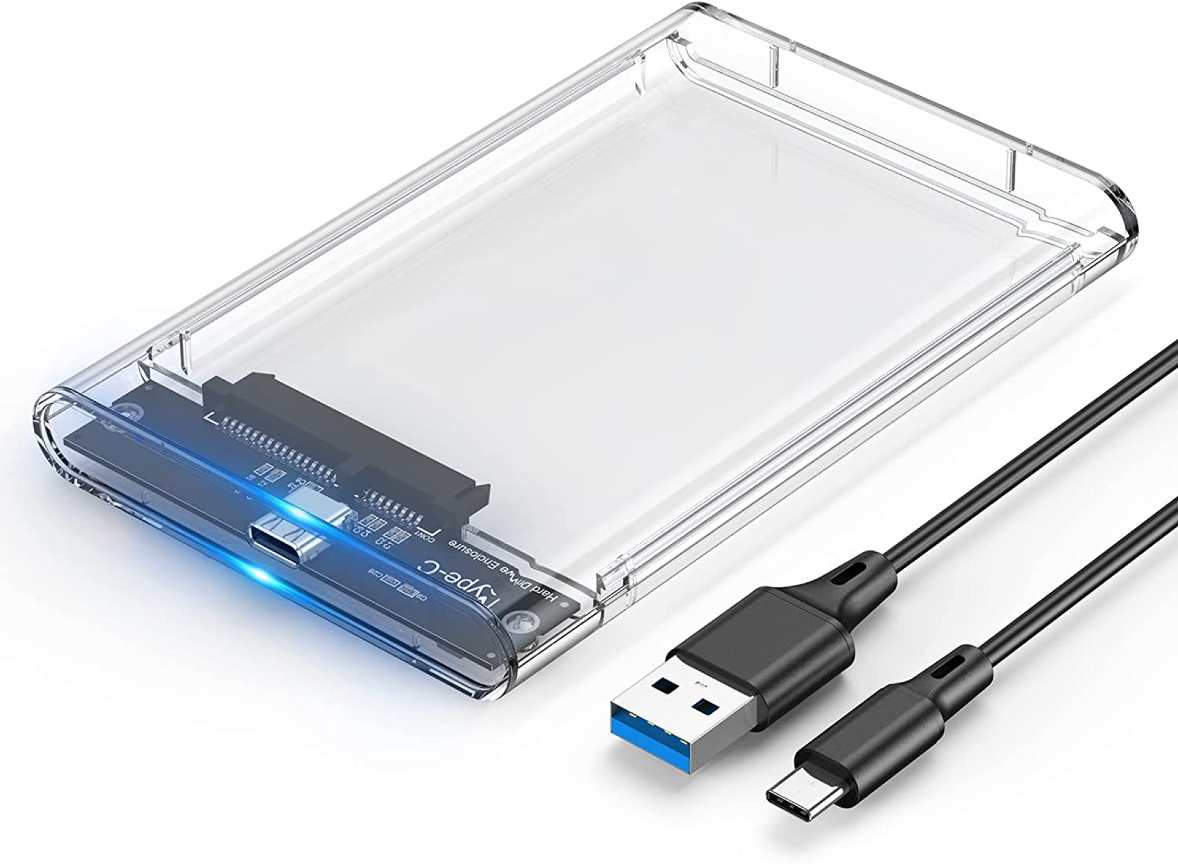1. Storage
External hard drives are mainly used for storage. Every computer – whether it’s a tower desktop or laptop – is equipped with an internal hard drive. The hard drive is where all your permanent computer data is stored. Whenever you save a file, photo, or software to your computer, it’s stored in your hard drive. Most hard drives have storage space between 250GB and 1TB. That’s more than enough for the casual PC user, but if you’ve had your computer for a long time or if you’re using your computer as a workstation, you’ll probably need more hard drive space than 500GB. When you run out of space on your hard drive, you won’t be able to save any additional data to your computer – no more photos, no more software, no more word processing documents. You’ll run into problems when your computer is running on low storage space. When your computer CPU is performing tasks, it creates “temporary” files that are often saved on your hard drive. If your hard drive is too full, then your CPU won’t have as much space to store these temporary files, and it won’t be able to process things as quickly. You’ll have slowdown when you’re playing games, streaming movies, running programs, or even just browsing the web. For that reason, it’s always best to keep as much free space on your hard drive as possible. Most people use an external hard drive for that very reason. Unlike an internal drive, which is nestled firmly inside your computer, an external hard drive is a device that you plug into a computer port. An external hard drive gives you more storage space to keep your data.
When you store data on an external hard drive, you can only access it when the hard drive is plugged into your computer. You can use an external hard drive to store files that you don’t access very frequently. These might be: Old photos or videos Records and archival data Completed projects/portfolios When you store your older documents on an external hard drive, you’ll be able to maintain a higher amount of free space on your hard drive, so you can keep adding new files and ensure your computer is running as fast as possible. How to free up space on your hard drive In addition to using an external hard drive, you can free up space on your hard drive by using the Storage Sense utility on Windows 10 computers. Storage Sense automatically finds and deletes temporary files from your computer. Portable external drives for travel If you’re traveling, you can get a portable external hard drive to store all the photos and videos you take while you’re on vacation. You could easily store all your photos and videos on your laptop or phone, but if you take a massive number of photos, that could quickly eat up your hard drive space. Use an external hard drive to store your new photos while you travel.

